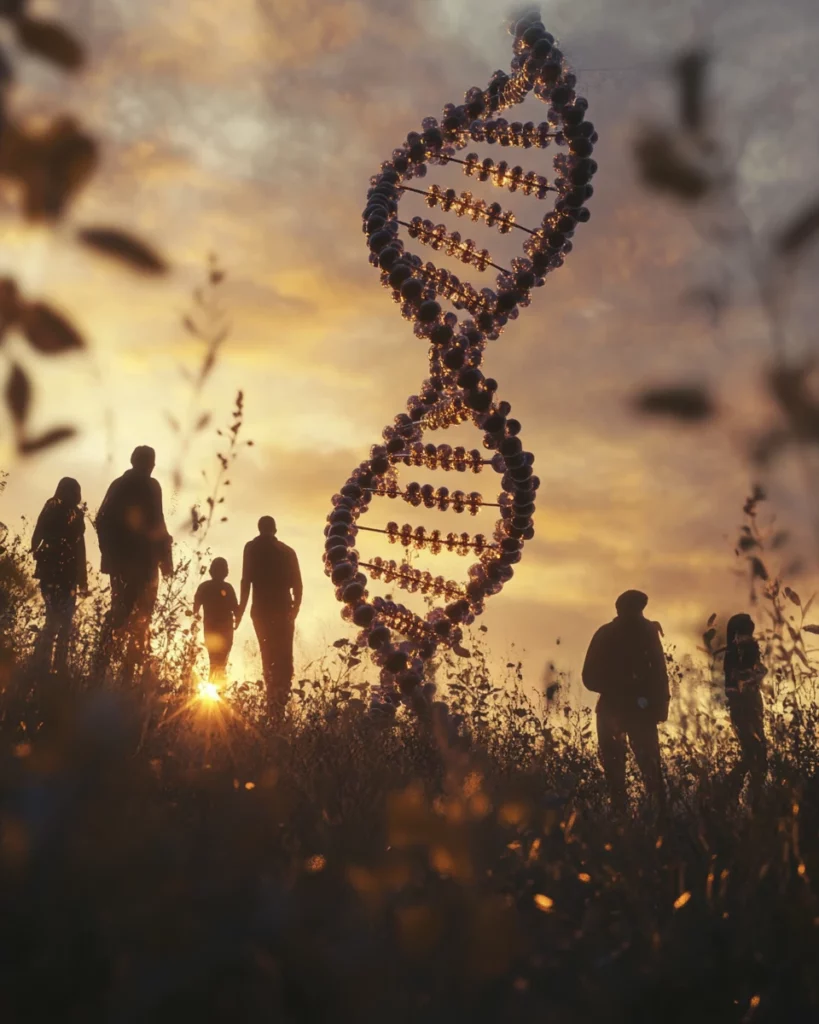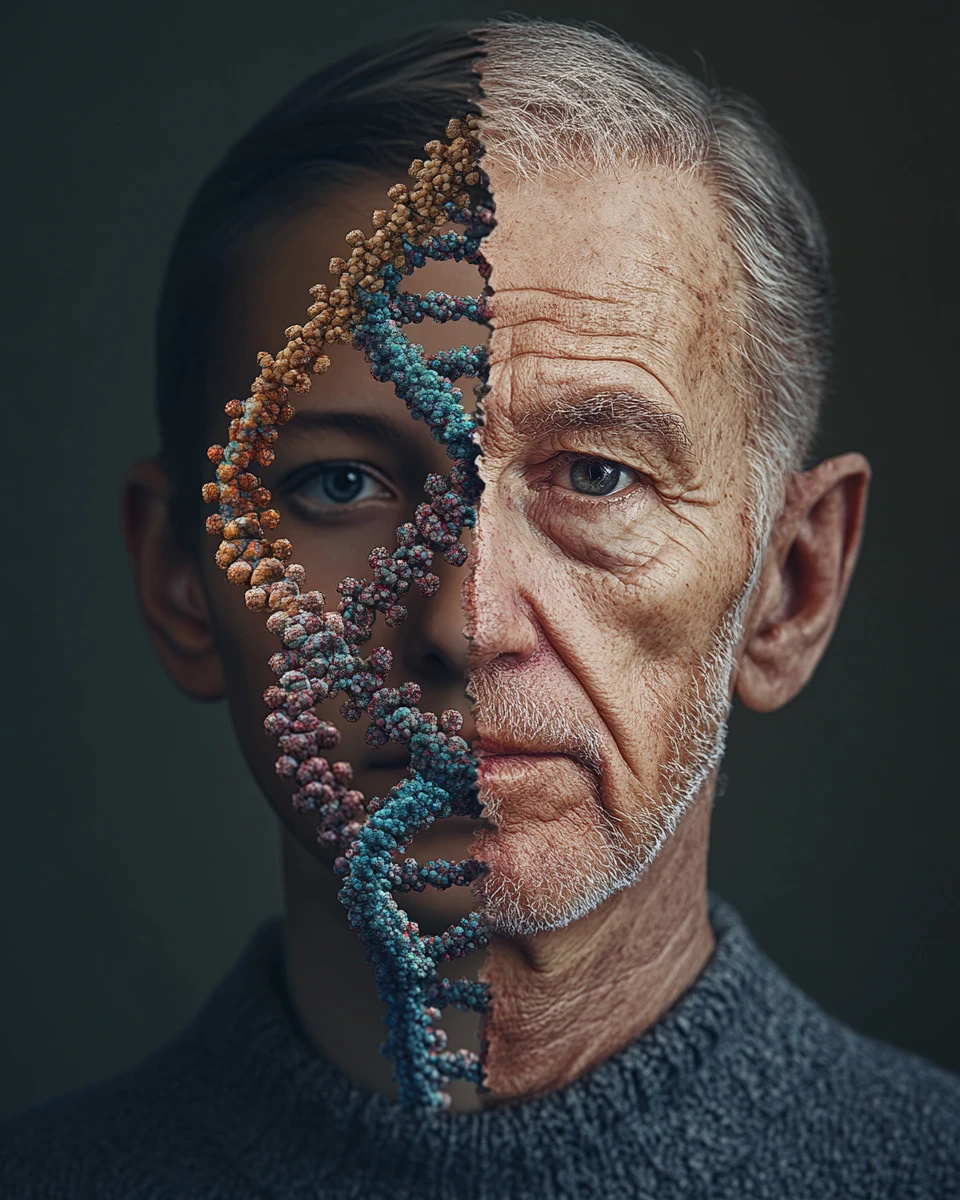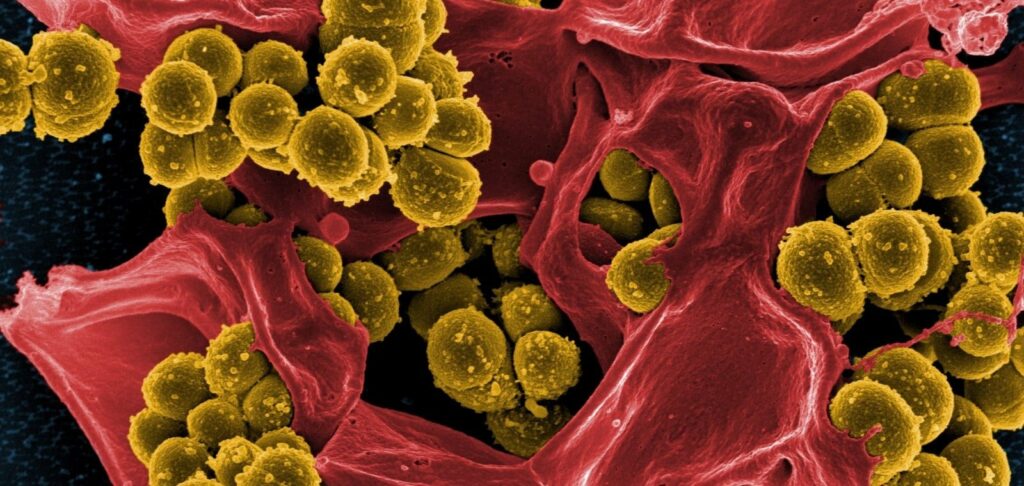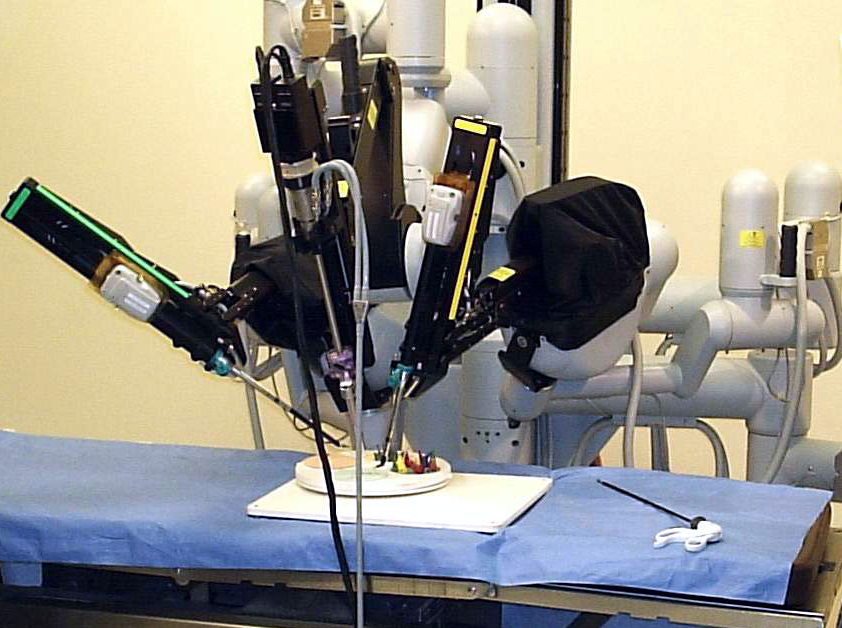

In recent years, epigenetics has become one of the most exciting areas in medicine.
It explains how our lifestyle and environment can affect gene activity without changing the DNA itself.

Understanding these processes opens up new possibilities for the prevention and treatment of chronic diseases.
What is epigenetics?
Epigenetics studies changes in gene expression that are unrelated to changes in gene sequence.
These changes can be caused by environmental factors, diet, stress, and even habits, sometimes being passed on from generation to generation.

The impact of epigenetics on chronic diseases
Cardiovascular diseases
Epigenetic modifications may contribute to the development of atherosclerosis and hypertension.
For example, DNA methylation can affect the function of genes responsible for lipid metabolism.
Type 2 diabetes
Changes in the epigenetic profile of pancreatic cells can reduce insulin production, leading to the development of diabetes.
Oncological diseases
Epigenetic changes can activate oncogenes or suppress tumor suppressor genes, contributing to cancer development.

Lifestyle and epigenetics
Nutrition and epigenetics
Nutrients can influence epigenetic marks by altering disease risk.
Table 1: Products affecting epigenetic mechanisms
| Product | Effect on epigenetics |
|---|---|
| Broccoli | Contains sulforaphane, demethylates DNA. |
| Green tea | Rich in EGCG, inhibits methylation |
| Fish oil | Omega-3 fatty acids, alter histone acetylation |

Stress and its impact
Chronic stress can lead to epigenetic changes, increasing the risk of depression and cardiovascular disease.

Epigenetic therapy
New therapies aim to alter epigenetic marks, which may reverse or slow disease progression.
Table 2: Epigenetic drugs and their uses
| The drug | Mechanism of action | Application |
|---|---|---|
| Azacitidine | DNA methyltransferase inhibitor | Treatment of myelodysplasia |
| Vorinostat | Histondesacetylase inhibitor | Therapy for cutaneous T-cell lymphoma |

Prevention through lifestyle
Lifestyle changes can positively influence the epigenetic profile, reducing the risk of developing chronic diseases.

Physical activity
Regular exercise promotes positive epigenetic changes that improve metabolism and cardiac function.

Conclusion
Epigenetics provides new opportunities to understand and manage chronic diseases.
Knowing how our lifestyle affects our genes allows us to make informed decisions to improve our health.
List of references
- Zhang Y. et al. Epigenetics and cardiovascular disease. Nat Rev Cardiol. 2021;18(7):495-507.
- Ling C., Rönn T. Epigenetic adaptation to regular exercise in humans. Drug Discov Today. 2014;19(7):1015-1018.
- Feinberg A.P. The key role of epigenetics in human disease prevention and mitigation. N Engl J Med. 2018;378(14):1323-1334.
- Nestler E.J. Epigenetic mechanisms of depression. JAMA Psychiatry. 2014;71(4):454-456.
- Chi P., Allis C.D., Wang G.G. Covalent histone modifications—miswritten, misinterpreted and mis-erased in human cancers. Nat Rev Cancer. 2010;10(7):457-469.
- Denham J. Exercise and epigenetic inheritance of disease risk. Acta Physiol (Oxf). 2018;222(1):e12881.



